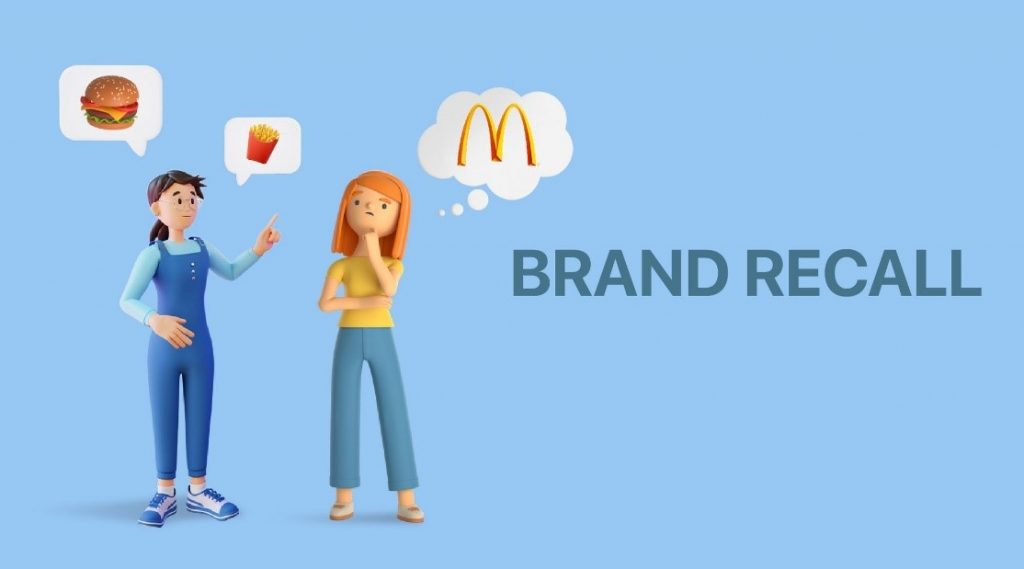LOL-Worthy Marketing: Why Humor is Your Brand’s Best Friend
Written by Ferdinandus Winandy Soesilo, SE., MA., CSMA., CPC
Humor: Definition and Relation to Marketing
Humor is the ability to be funny or to be amused by things that are funny. This ability plays pivotal roles in human psychology and behavior. According to Martin and Ford (2018) in Lonczak (2020), Humor is part of motivating processes of interpersonal needs, suggesting that humor relieves stress. This ability is also a natural way to connect with people, reduce tension, and make messages more memorable.

Source: Universitas Islam Indonesia (2023)
In relation to marketing, humor can be a powerful tool because it resonates on an emotional level, making brands feel more relatable, approachable, and human. This article will discuss more about the relation of humor and marketing.
Smiles That Sell: The Power of Humor in Marketing and Why It Works
Increase Engagement and Reach
Social networks have increased audiences’ appetite for humor. A 2020 Global Web Index survey revealed that 41% of Gen-Z respondents and 34% of Millennials cited “finding funny or entertaining content” as their primary reason for using social media. For brands looking to enhance their content’s organic reach, humor can be an effective strategy (Isaza, 2022).

Source: Pinterest (no date)
Moreover, a report by Oracle and author-podcaster Gretchen Rubin reveals that while 91% of people worldwide favor brands with a sense of humor, 95% of business leaders hesitate to use humor in customer interactions. The report also highlights that 45% of people globally haven’t experienced genuine happiness in over two years (Karlovitch, 2022).
Improves Brand Recall and Recognition
Numerous statistics support this. Research from Oracle shows that 90% of consumers are more likely to remember a product or brand linked to humor, and 72% would prefer a humorous brand over its competitors. Additionally, 80% of people say they’re more likely to make repeat purchases from a brand that makes them laugh (Cook, 2024).

Source: Imagekit (no date)
Builds Emotional Connections and Brand Loyalty
Fosters Positive Connections: Humor marketing creates a sense of fun, helping people link positive emotions to the brand. This favorable association can strengthen brand loyalty (Isaza, 2022).
Humanizes the Brand: Humor makes brands seem more accessible and relatable. By incorporating humor, brands can form a deeper, more personal bond with their audience, which is crucial for fostering lasting loyalty (Karlovitch, 2022).
Reduces Sales Resistance and Increases Conversions
Eases the Sales Pitch: Humor can make promotional content feel less like a hard sell. When people enjoy the content, they’re less likely to feel defensive, making them more open to buying.
Improves Persuasion: People are more likely to trust and be persuaded by brands they find likable. Humor makes the brand seem more trustworthy and approachable, which can encourage purchasing behavior. Smiles and laughter have become essential in building strong business and customer relationships. If customers aren’t smiling, they’re likely disengaging. A study by Oracle found that 48% of consumers felt no connection to a brand that didn’t make them laugh or smile, and around 41% would walk away from such a brand. On the flip side, consumers tend to reward brands that use humor. Approximately 80% would make repeat purchases from a humorous brand, 80% would recommend it to others, and 63% would even spend more with that brand (Kashyap, 2022).
Humor in Marketing: Building Connections, Boosting Loyalty, and Driving Success
Humor plays a vital role in both human psychology and marketing, serving as a powerful tool for connecting with audiences on an emotional level. It helps to reduce stress, foster positive relationships, and make messages more memorable. In marketing, humor enhances engagement, making brands more relatable and approachable, while also improving brand recall and recognition. It strengthens emotional connections, builds loyalty, and can even reduce sales resistance, leading to increased conversions. Studies show that humor-driven marketing can lead to greater consumer satisfaction, repeat purchases, and brand recommendations. Despite some hesitation from business leaders, the benefits of humor in marketing are undeniable, with consumers rewarding brands that make them laugh with increased loyalty and spending. In today’s competitive landscape, brands that effectively incorporate humor are not only more likely to stand out but also to build long-term, meaningful connections with their audience.

